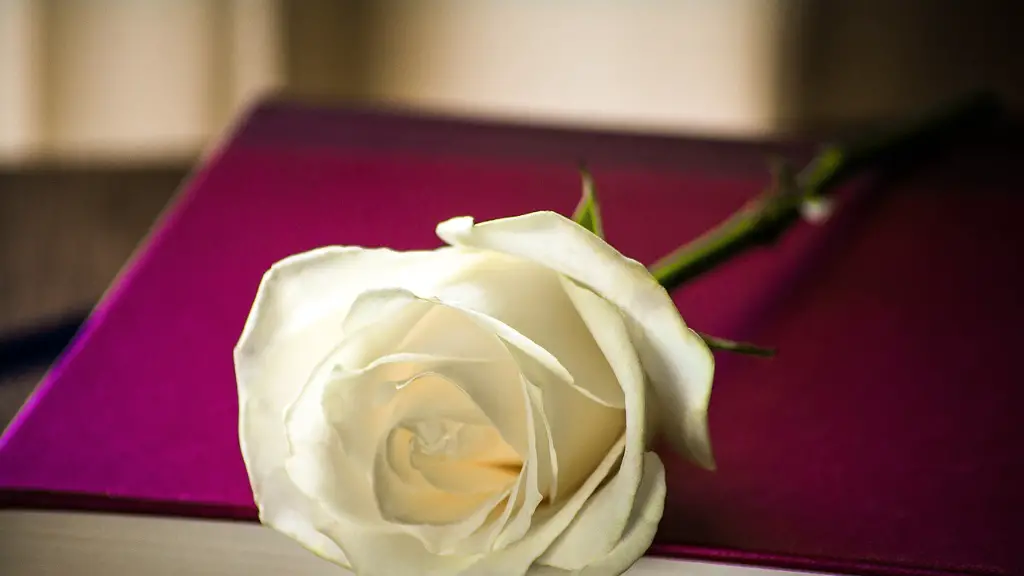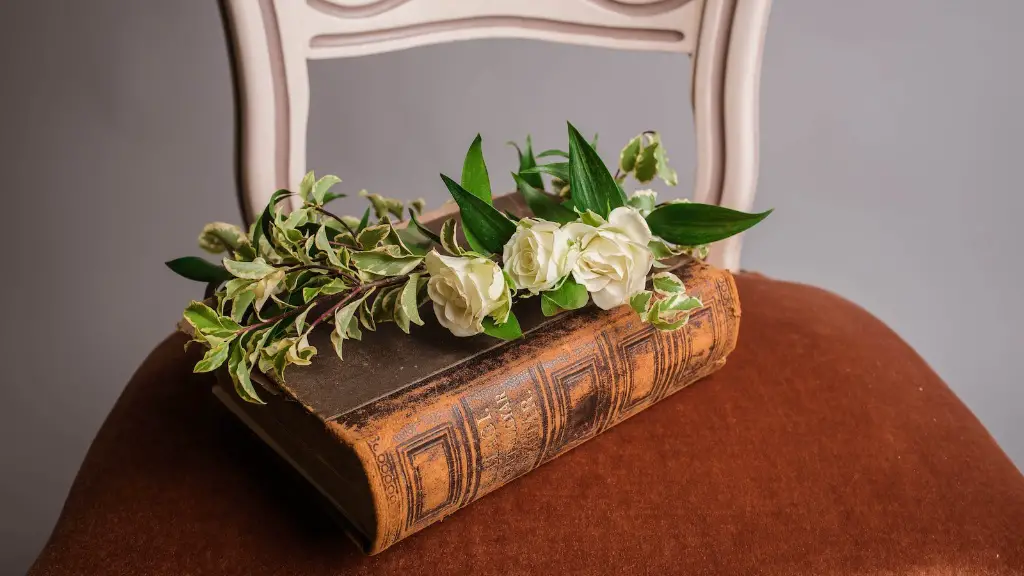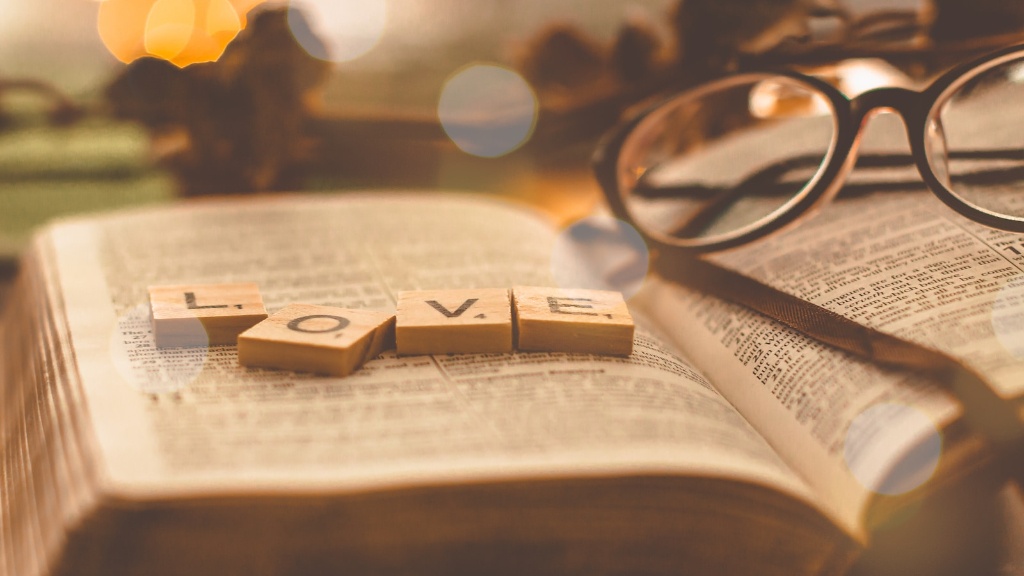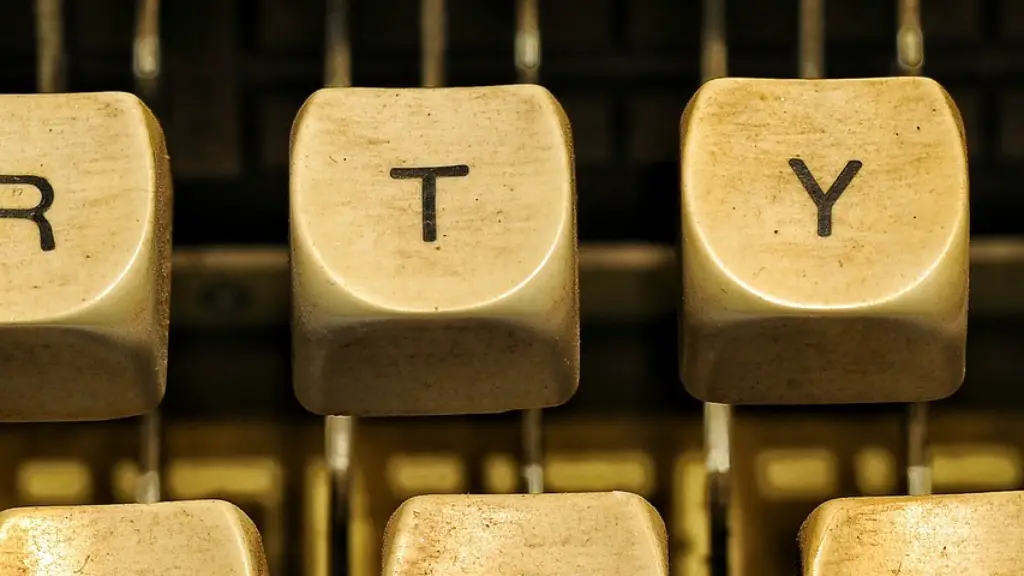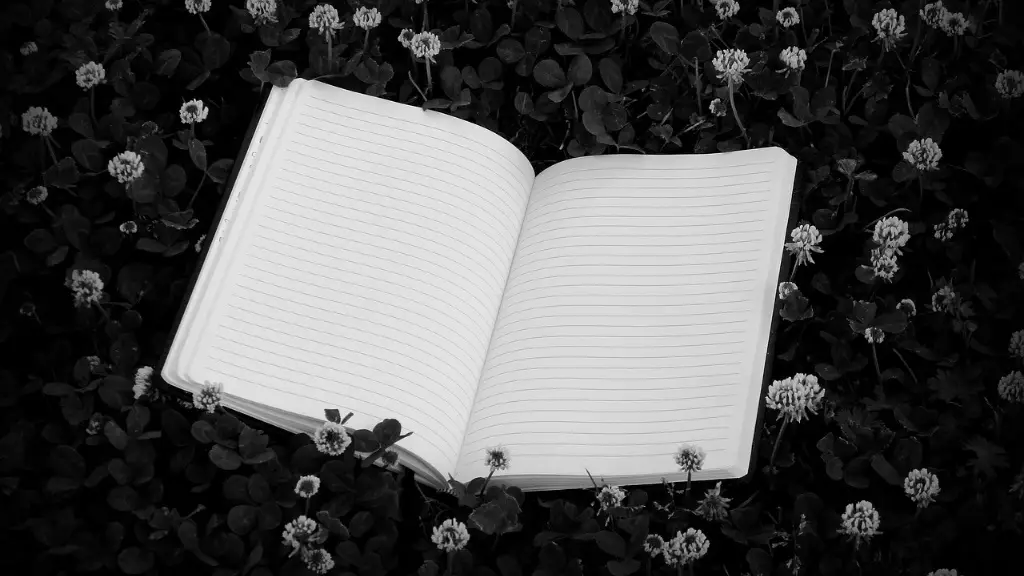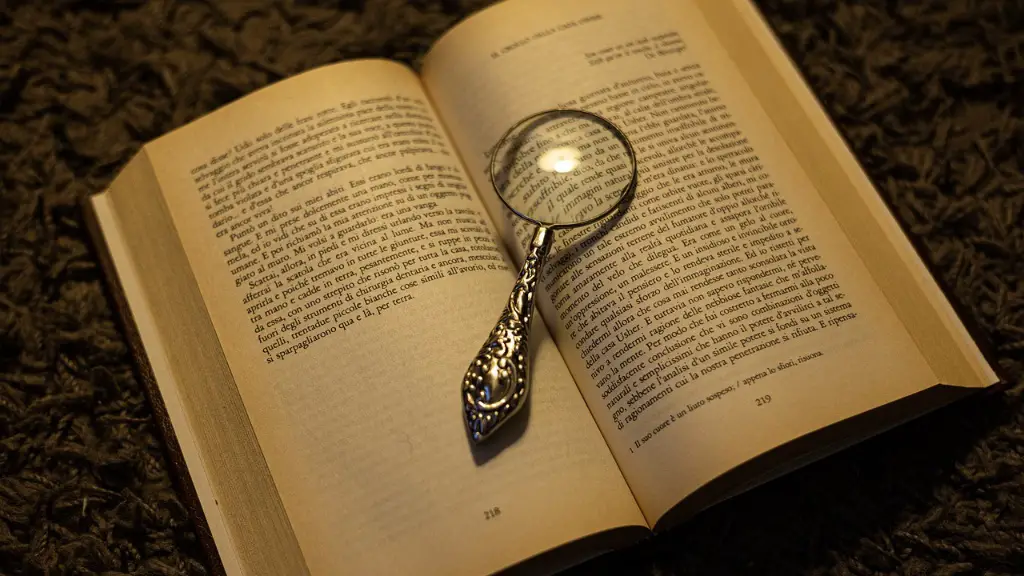What was originally the purpose of poetry? From a historical standpoint, poetry was often used as an oral tradition to preserve legacy and the stories behind it. It was a way to communicate ideas and experiences in a meaningful way. Even today, poetry is still seen as a way to express emotions and preserve memories for future generations. However, its original purpose is much more complex. This article will delve into the history of poetry, discuss how its purpose has evolved over time and provide insights from experts on the modern-day purpose of poetry.
The Ancient History of Poetry
Tracing its origins to prehistoric times, poetry has been used in many cultures throughout the world for thousands of years. Early forms of poetry were recited to preserve the stories and wisdom of those who passed on before them. For example, in ancient China, poets wrote about their lives and the world around them in what is known as the Shi Jing, or Book of Odes.
Similarly, in Ancient Greece, legendary poet Homer used poetry as a way to tell stories of heroes and myths. This is where the term ‘epic poetry’ comes from, which is still used today to describe long narrative poems. In the same way, poetry was used by other cultures such as the Celts and Native Americans to capture ancient customs and pass on their knowledge and experiences to future generations.
The Evolution of Poetry’s Purpose
As cultures and civilizations developed, so too did the purpose of poetry. During the Renaissance period, literary masters such as Shakespeare used poetry to examine and celebrate human life in all its aspects. Gradually, poetry transitioned from merely recording happenings to exploring the depths of the human condition. Poets began to use poetic devices such as imagery and metaphors to evoke emotions in audiences and make statements on contemporary life.
In the 20th century, a wave of modern poets emerged, breaking away from the traditional form and incorporating more experimental elements such as free verse and stream of consciousness. As a result, poetry slowly evolved into an art form for self-expression. In this way, poetry has become a vital form of communication for many people today, even if it is only ever shared among a small circle of peers or the wider public.
What is the Modern-Day Purpose of Poetry?
In modern times, the purpose of poetry has continued to evolve. Dr. Peter Seddon, professor of creative writing at the University of Stirling, Scotland, explains: “Poetry today is very much about making personal connections and creating an emotional response. We use it to explore the human condition, express our thoughts and feelings, capture ideas and make sense of the world around us.”
Dr Johny Pitts, a lecturer in English Literature at the University of Sheffield and Editor at music and culture publication Afro Punk, further highlighted the importance of poetry as a platform for self-expression and solidarity. He stated: “Poetry is in many ways more timely now than it ever has been: it can be incredibly powerful in conveying emotion and exploring realities that go much deeper than the headlines, while offering a space of togetherness and a way of sharing experience.”
The Power of Spoken Word Poetry
Spoken word poetry has become an increasingly popular form of self-expression in recent years, with open mics and slam poetry competitions providing platforms for creative expression and collective empowerment. As both an art form and a tool for social change, spoken word has been used to support a diverse spectrum of causes and campaigns around the world.
For example, many people are using spoken word poetry to share their own personal experiences, as well as highlight important issues such as racism, poverty and gender inequality. At the same time, it provides a safe and open space to explore, express and heal from trauma. As Dr. Seddon pointed out: “Spoken word is a powerful form of creative expression that can be used to create meaningful connections between the speaker and their audience. It can be an incredibly powerful tool for positive social change and personal enrichment.”
The Role of Poetry in Education
The purpose of poetry also extends beyond self-expression and improving social understanding, to helping us learn and discover different worlds. Poetry has always been used to engage students of all ages, inspiring a sense of curiosity and imagination while teaching us important values such as empathy and resilience.
As noted by author, poet and professor Dr. Kwame Dawes, poetry can be used to break down barriers and bridge the gap between cultures. In his words: “It has the power to help us understand one another’s histories and cultures, as well as create an environment of learning and respect.” This is a sentiment that is echoed by educators around the world, highlighting the vital role of poetry in our schools and communities.
The Use of Poetry in Mental Health
Poetry can also be a powerful tool for self-care and mental wellbeing. For example, research has found that expressive writing, including writing poetry, can help people to process and deal with difficult emotions. It can even help with physical symptoms such as pain, fatigue and anxiety. In this way, poetry can provide an avenue for self-expression and understanding that can be both healing and empowering.
As Dr. Seddon said: “Poetry can be a powerful source of self-reflection and insight, enabling us to explore our emotions and connect with our inner selves. Writing and reciting poetry can be an incredibly powerful and cathartic experience, allowing us to express ourselves in a way that is often difficult to articulate through conventional conversation.”
The Potential of Poetry in the Digital Realm
Though poetry has been around for centuries, its potential in the digital age is still only just beginning to be explored. For example, the rise of social media has enabled poets to share their work with a worldwide audience. This has further helped to expand the reach of poetry and provided a platform for individual voices to be heard.
At the same time, digital tools such as AI and machine learning have led to the development of new forms of expression. For instance, algorithms can now identify patterns in language and analyze literature on an unprecedented level. As such, these technologies have been used to generate new types of poetry, paving the way for new possibilities in this genre.
The Impact of Poetry in Global Culture
As the purpose of poetry has evolved, so too has its reach. No longer confined to particular cultures or places, poetry can now be found wherever people congregate. From poetry nights in coffee shops to slam poetry competitions on TV, poetry has become a global phenomenon.
However, poetry is still very much rooted in culture. In many countries, poetry has been used to keep alive stories and knowledge from the past, while also offering an avenue for artistic expression. Moreover, it has been used to empower people to voice their experiences and shape conversations about important issues. This further highlights the far-reaching impact of poetry today and its enduring legacy.
The Significance of Poetry
When looking at the modern-day purpose of poetry, it is clear that its role has changed drastically over time. From an oral tradition used to record history, to a powerful tool for self-expression and social change, poetry has become a vital form of communication. As it continues to expand in reach and influence, more and more people are now recognizing the significance of poetry and its ability to bridge divides, foster understanding and create meaningful connections.
The Emergence of Poetry Genres and Movements
The evolving purpose of poetry has also been reflected in the number of new genres and movements that have emerged. From spoken word to lyrical rap, there are now myriad forms of poetry that can be explored and enjoyed. Furthermore, each genre brings with it its own unique form of creative expression and aesthetics, presenting exciting opportunities for new poetic experiences.
At the same time, various poetic movements have been formed by different communities. These can include movements such as slam poetry, spoken word and rap. Through such initiatives, individuals are able to create a collective identity and proudly express their stories and struggles on a public platform.
The Future of Poetry
As technology continues to develop, one can only imagine the potential of poetry in the years to come. Though digital tools have already enabled more people to create and share their work more easily, there are also greater opportunities for collaboration and collective creativity. As different platforms become accessible and new genres emerge, the future of poetry looks more diverse and exciting than ever.
It is clear that poetry has come a long way since its origins thousands of years ago. From a vehicle to preserve legacy, to a powerful form of self-expression and a platform to inspire social change, poetry has established itself as a vital genre. Each day, more people around the world are realizing its full potential, using it to educate, empower and explore the human condition.
